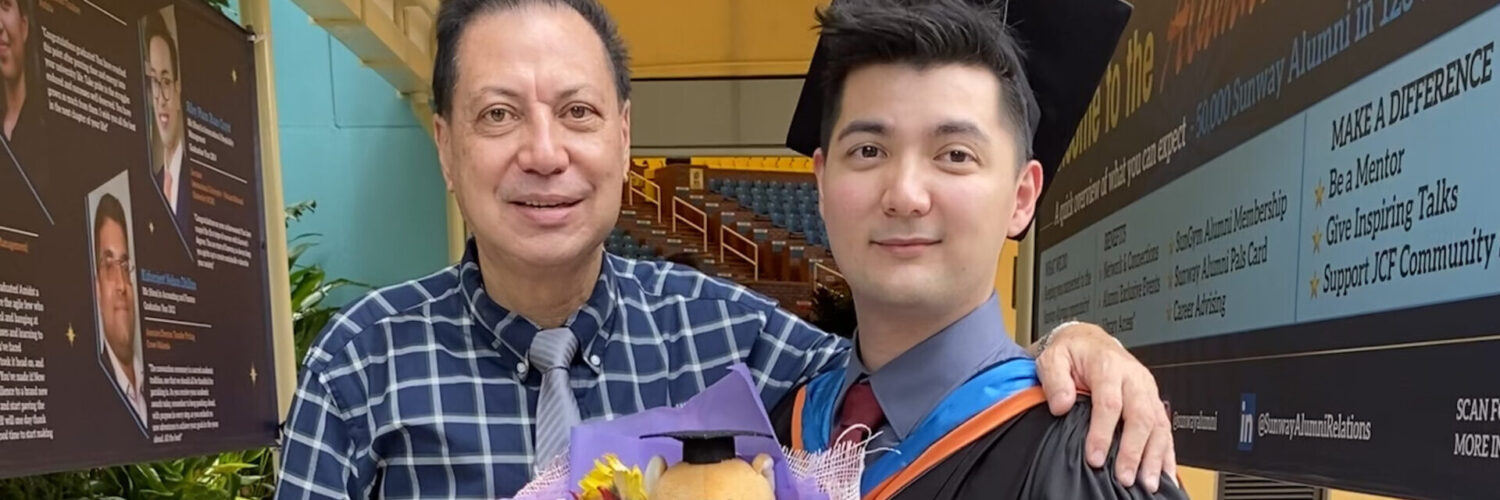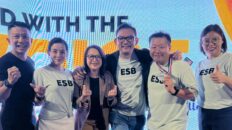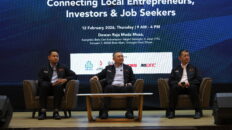“Becoming a parent changes the way you look at responsibility,” he shared candidly. “It reminds me of how my father started Central Force International Sdn. Bhd. nearly three decades ago — with nothing but grit, care for people, and the belief that work should be done with integrity.”
That belief, passed down from his late father, remains the backbone of Central Force today. But Wai Yu’s own story of stepping into the family business — and shaping it in his way — is one of resilience, adaptation, and a deeply human approach to leadership.
The Roots of Central Force
Central Force was founded in 1996 by Wai Yu’s father, who had already built a strong reputation in Malaysia’s market research industry. The early years were not easy. Promised projects didn’t always materialise, and the company had to rely on a handful of loyal clients who believed in the quality of work.
But survival meant doing whatever was needed. “My father even went without a salary and he roped in family members to help. That sacrifice and determination are part of the company’s DNA.” For Wai Yu, who was just a child then, Central Force was less a business and more like a sibling. “I was born in 1993, and the company in 1996. In a way, we grew up together,” he said.
Growing Up in the Business

Wai Yu’s earliest involvement began at age 10, when he was tasked with transcribing audio recordings for medical research. “I still remember sitting with a recorder and a dictionary, struggling to spell medical terms. That was my first taste of work,” he said with a laugh.
By 12, he was doing data entry. At 13 or 14, he was out in the hot sun conducting surveys door-to-door with nothing but a clipboard and pen. At 18, during his university years, he managed his first project, recruiting friends to help with data collection. That experience taught him the basics of leadership — from motivating people to handling setbacks.
“One of my friends broke down after being scolded by a respondent. I had to remind her that sometimes people are unkind, but it doesn’t define you,” he recalled.
Values That Endure
As the company grew, one thing remained constant: the culture shaped by his father. “He was ethical, transparent, and deeply caring,” said Wai Yu.
When his father passed away, Wai Yu felt strongly about embedding those traits into the company’s future. “I converted my dad’s character into our company’s core values,” he explained. “We held a town hall, and I told everyone that moving forward, our values would be ethics, quality, and care. These were the traits my father lived by, and they continue to guide us.”
The result has been remarkable. Central Force enjoys a staff retention rate of 97%, and many employees have been with the company since its early days. “Our people often say what they value most is that we have no politics here. Everyone feels safe, respected, and part of a family,” Wai Yu added.
Choosing Central Force Over Virgin
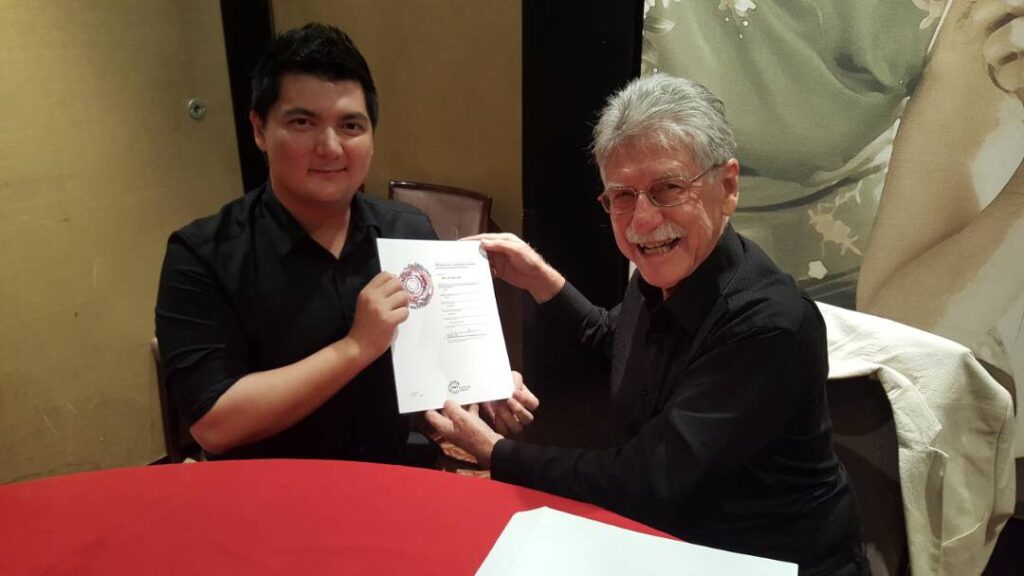
Despite his lifelong exposure, Wai Yu didn’t initially plan to join the family business. After studying International Business and Marketing, he went to the UK, where he was offered a position with Virgin Group — his dream job.
But his father asked him to return home first and get a feel for the business. “I was told to just sit in on a big client meeting and keep quiet,” he recalled. “But I couldn’t help myself — I kept talking. At the end, the client told my dad, ‘I’ll award you the job, but only if your son manages it.’”
That moment changed everything. The client remains Central Force’s biggest account today, ten years later. “I think they saw something in me that I didn’t yet see in myself,” he admitted.
From Friction to Trust
Like many second-generation leaders, Wai Yu faced the challenge of balancing fresh ideas with the traditional ways of a founder. “I came in full of theories, frameworks, and corporate case studies. My dad, having decades of experience, often said, ‘I’ve tried that, it won’t work.’ It was disheartening at times.”
The turning point came when Wai Yu earned trust through results. He started from the bottom as a junior executive, gained hands-on experience, and eventually brought in major projects on his own.
“I always advise other second-generation successors: ask for a project that you can run independently. That’s where you prove yourself. Show that your way adds value. Over time, trust grows,” he said.
A Different Style of Leadership
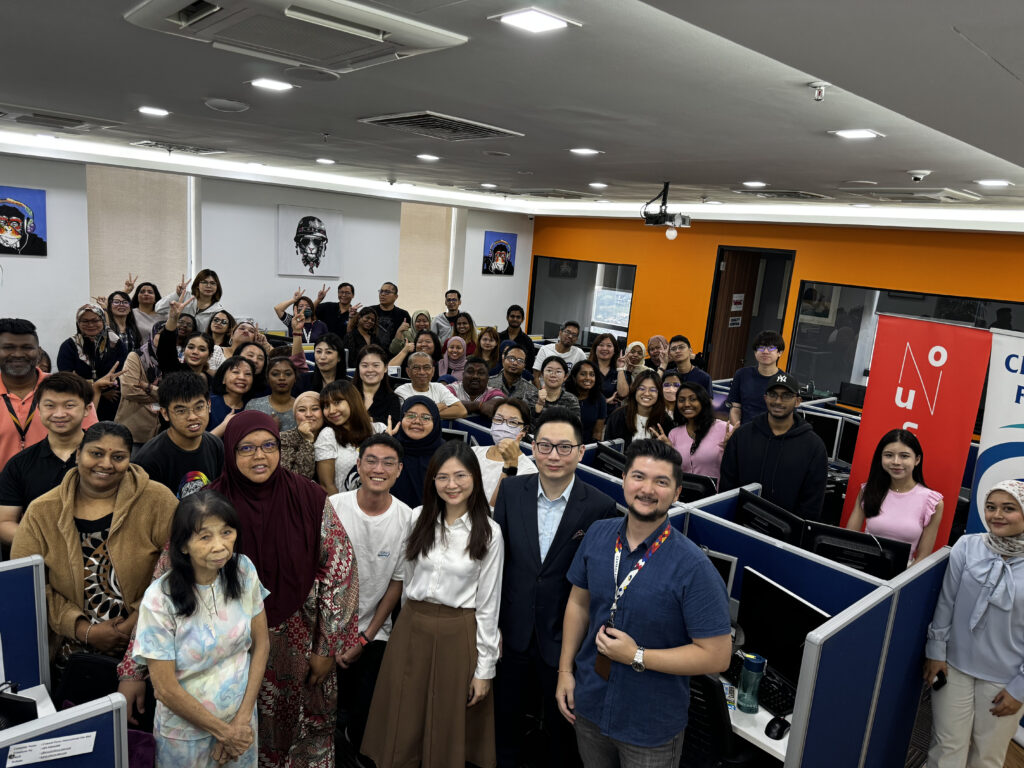
While his father’s leadership was more directive — necessary for a young company that needed stability — Wai Yu embraces a facilitator-leadership style.
“My philosophy is that every person here was hired for their skills. My job is to support them, whether it’s adding manpower, investing in software, or encouraging them to learn,” he explained.
To support this, he has made upskilling a key part of Central Force’s culture. Every employee is required to attend at least two to four courses a year, and professional growth is built into KPIs.
“I even tell my staff — if another company approaches you, come to me first. Show me the offer, and let’s see if we can match it. If not, I’ll still be proud to know that others see your value,” he said.
Lessons in Succession
One of the toughest aspects of Wai Yu’s journey was the lack of a formal succession plan. His father often spoke of handing the reins “in three years’ time” — a deadline that kept moving until illness cut the process short.
“When I stepped into his office for the first time, I was handed documents I had never seen before. Things like increment approvals, which my father had his own way of calculating. Nobody knew his exact method,” Wai Yu said.
He had to learn quickly, often by asking long-serving employees what his father used to do. “I was fortunate that our people were loyal and willing to guide me. But I always tell first-generation founders now: please, document your roles. Even the little things — the way you check in on staff, the way you decide on bonuses. These are not small matters. They are part of what keeps the company moving.”
Advice for Second-Generation Leaders
Not every child of a founder wants — or should — take over the family business. Wai Yu acknowledges that reality. “You have to enjoy the work itself. Ownership is not a reward on its own,” he said.
For him, what made the role fulfilling was the chance to solve problems, innovate, and see people grow. “In the last three years, watching my managers move from waiting for instructions to creating their own SOPs and new ideas — that’s what keeps me going.”
His advice to peers? “Find the part of the business that excites you. It may not be the industry, but the role you play in shaping it. Without that passion, it’s very hard to stay.”
Rethinking Family Legacy
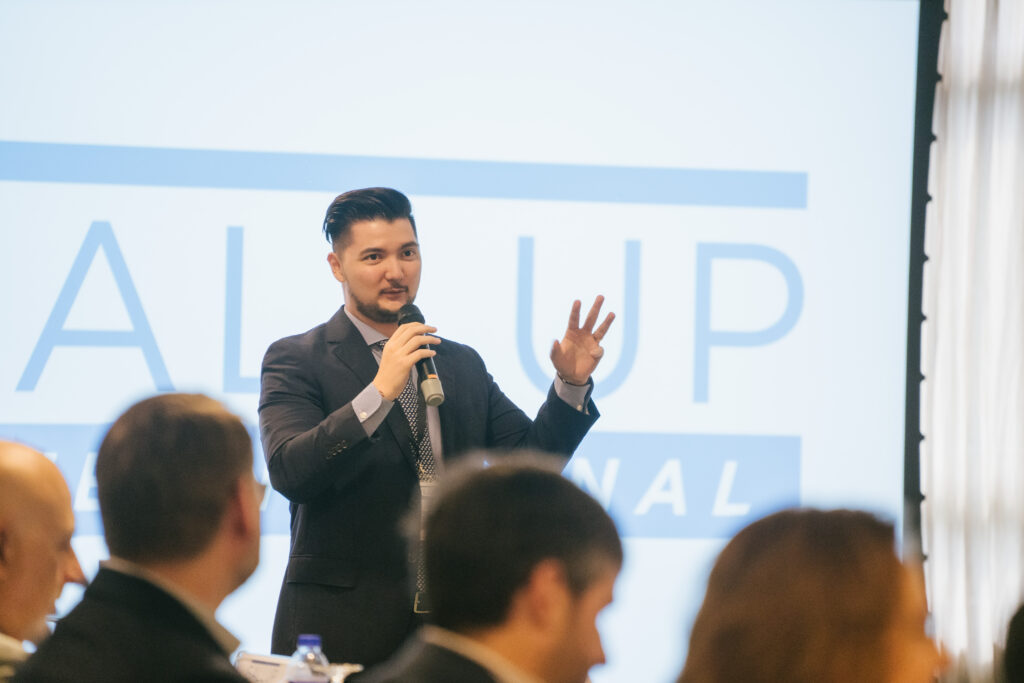
“I think the idea that a business must be passed down to the next generation is outdated. If my son is the best person to lead Central Force, great. But if there’s someone else more capable, I’d rather the company go to them. A business should be preserved as a legacy, but leadership should always be about the best fit.”
Today, Central Force employs more than 50 people, with its headquarters in Kuala Lumpur and a registered presence in Singapore. Its core strength lies in telephone-based survey research, which allows the company to serve clients across Malaysia, Singapore, and Brunei without geographic limits.
For Wai Yu, the future is about building on the values of ethics, quality, and care while pushing innovation in how research is done. “We may be an SME, but we can still lead with integrity, creativity, and a culture where people feel they belong,” he said.
A Note to Founders
Asked what he would like to say to first-generation founders, Wai Yu paused before offering a heartfelt reflection.
“Your children may not have your years of experience, but they often bring fresh perspectives and new skills. Give them the chance to try. Listen, even if you don’t agree. Put in place a succession plan, not just in terms of ownership but in the day-to-day ways you care for your people. That support can make all the difference in helping the next generation carry the business forward.”



